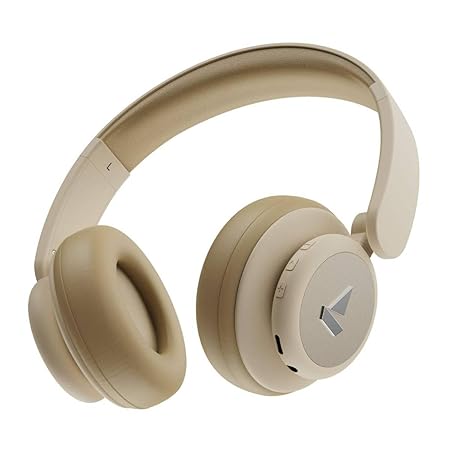
- Ear headphones can be incredibly useful in education. Here are some key words that highlight their benefits.https://amzn.to/3ZqrD9k: Focus: Headphones help students block out distractions and concentrate on their work. Engagement: t: They create an engagement learning experience, especially for multimedia content. Independence: They enable independent learning and self-paced study. .
- Noise reduction: They help create a quieter classroom environment, beneficial for all students.

Ear headphones come in various types, each offering unique features and benefits. Here’s an overview of the main types of ear headphones https://amzn.to/3ZqrD9k :
Over-Ear Headphones (Circumaural)
Over-ear headphones feature large ear cups that completely enclose the ears. https://amzn.to/3ZqrD9k:
- Exceptional comfort with cushioned ear cups and adjustable headbands
- Immersive sound experience
- Effective noise isolation
- Typically larger drivers for deeper bass and expansive soundstage .https://amzn.to/41kCELT:
In-Ear Headphones (Earbuds)
In-ear headphones are designed to be inserted directly into the ear canal.
Rewrite
- High portability and convenience
- Excellent noise isolation, often better than over-ear headphones
- Compact size, ideal for workouts and commuting
- Customizable fit with various ear tip sizes
Specialized Types
Bone Conduction Headphonhttps://amzn.to/3ZIOoq9es: These transmit sound vibrations directly to the inner ear through the skull, bypassing the eardrum.
Open-Back Headphones: Feature perforated ear cups for a more natural and spacious soundstage, popular among audiophiles.

Multisensory learning: Headphones can be part of a multisensory approach, combining audio with visual and tactile elements
Noise reduction: They help create a quieter classroom environment, beneficial for all students.


